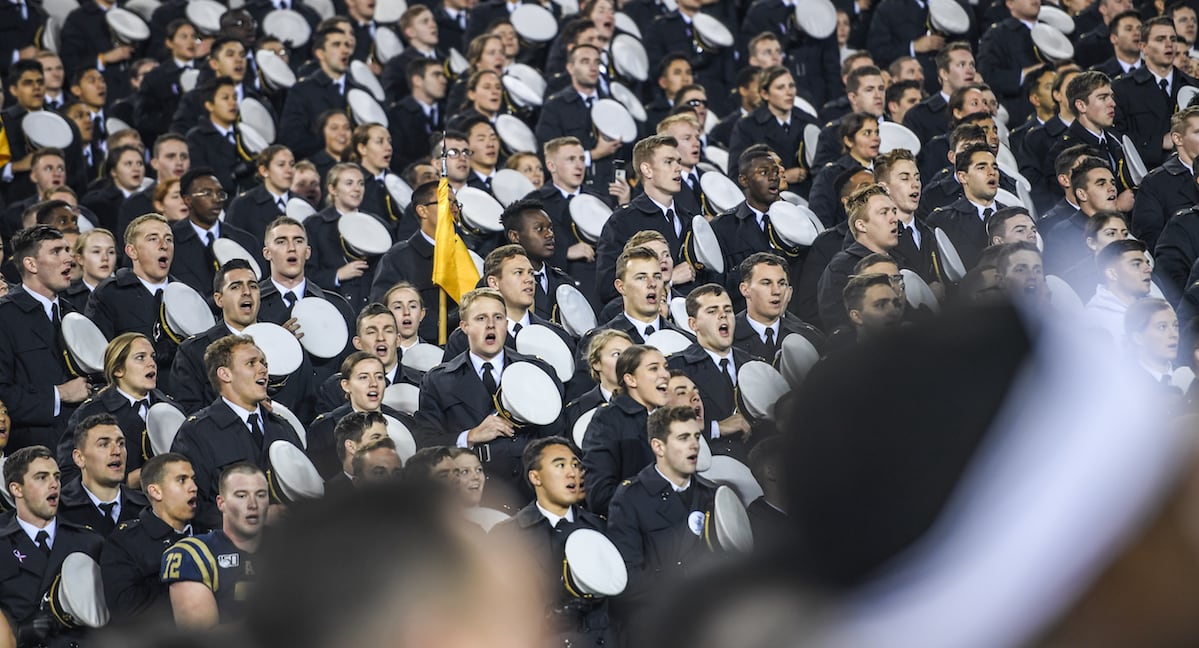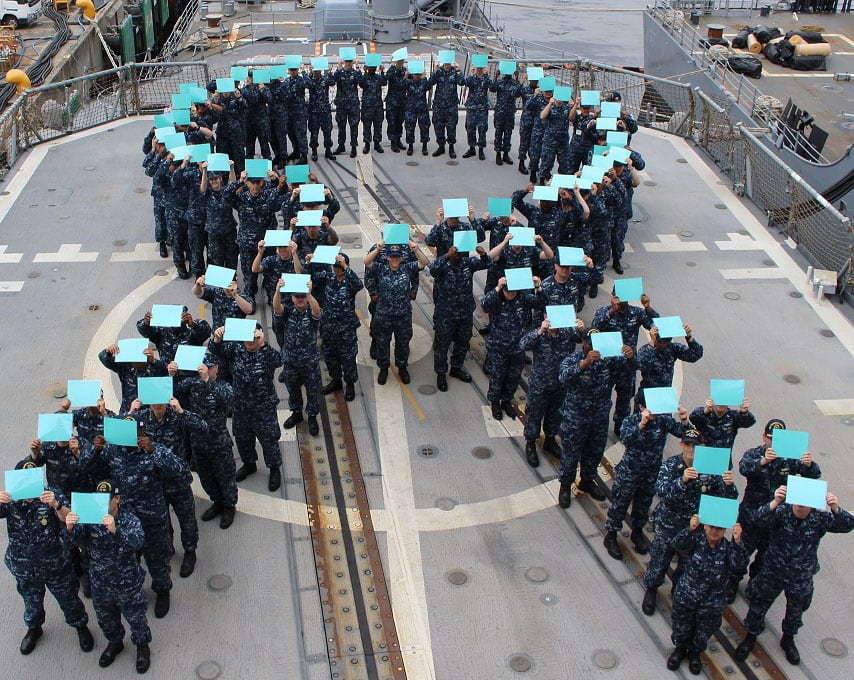Defense Department officials on Wednesday promised changes to oversight in their Junior Reserve Officer Training Corps programs at high schools across America in the wake of multiple cases of sexual abuse of students, but lawmakers said those moves don’t go far enough.
“This is a scandal,” said Rep. Jackie Speier, D-Calif., chairwoman of the House Armed Services Committee’s personnel panel. “It is chilling to think that after we have been addressing this issue for years within the military, where we know that cases exceed 30,000 a year, to come and see this going on in our classrooms in high schools.”
“I think we should shut down this program until you can get it right.”
The JROTC program includes more than 3,500 U.S. high schools and more than 500,000 students. Although the classes do not require that students eventually enlist in the military, the program is viewed as a key pipeline for potential recruits for the armed forces.
RELATED

In July, the New York Times reported that at least 33 JROTC instructors had been criminally charged with sexual misconduct in the last five years.
This week, Defense Department officials confirmed the number of substantiated allegations of sexual abuse since 2017 was nearly double that, at 58. Several other allegations are still pending.
Instructors are generally veterans or individuals with strong links to the services. Problems with sexual misconduct extended across the armed forces.
Since 2017, the Army had 24 instructors decertified because of credible sexual abuse allegations; the Marine Corps had 15, the Navy had 10, and the Air Force had seven. Two other instructors died by suicide before their cases could be settled.
“[The data] paints a disturbing picture of how some JROTC instructors are using their positions of authority to exploit and abuse students who have placed their faith and trust in the U.S. military,” said Rep. Stephen Lynch, D-Mass., chairman of the House Oversight Committee’s panel on National Security.
“Sexual abuse or misconduct committed by a JROTC instructor cannot be tolerated.”
In response to the New York Times article, Pentagon leaders said they are already implementing changes to the program. Those changes include more standardized oversight of instructors, more opportunities for students and parents to file complaints, and more aggressive recruiting of women instructors for the JROTC programs.
Over the summer, Undersecretary for Personnel and Readiness Gil Cisneros issued a directive to review all aspects of the JROTC programs, to include the terms of service for instructors.
Thomas Constable, acting assistant secretary of defense for manpower, said that instructors do undergo background checks before they are hired.
Individuals who are accused of impropriety are immediately suspended, and individuals found guilty of misconduct are banned from the program for life.
“It’s our moral obligation to take stock of our processes to ensure we’re doing all we can to set conditions for the success of our members today,” he told members of the oversight committee. “We must never allow anyone who represents the Department of Defense, either directly or indirectly, to break faith with our communities.”
RELATED

But lawmakers at Wednesday’s hearing on the problems said the Defense Department’s moves thus far aren’t sufficient.
“Although you say you’re outraged over this, I’m just not feeling it,” said Rep. Sylvia Garcia, D-Texas. “This article came out months ago and all you’ve changed is some testing and maybe increased vetting. We’re talking about young women being sexually assaulted and abused … I want more specific actions.”
Committee members said the services still have inconsistent oversight of the JROTC classes, and unclear commitment from leadership to make improvements.
Despite the negative reports, officials from the services have highlighted JROTC programs as a positive recruiting influence for the services.
And as the branches struggle to meet recruiting goals (The Army fell short of its targets last fiscal year), the loss of JROTC programs could potentially deepen those challenges.
In recent months, the Army has been trying to expand the programs. The top general for Cadet Command, Maj. Gen. Antonio Munera, told Military Times in October that the service is working to add 50 JROTC units per year, if funding allows.
The service’s top officer, Gen. James McConville, told lawmakers in 2021 that even though only 10% of American high schools have JROTC programs, nearly half of the Army’s new enlisted recruits attended such schools, even if they didn’t participate in the course.
Leo covers Congress, Veterans Affairs and the White House for Military Times. He has covered Washington, D.C. since 2004, focusing on military personnel and veterans policies. His work has earned numerous honors, including a 2009 Polk award, a 2010 National Headliner Award, the IAVA Leadership in Journalism award and the VFW News Media award.
Davis Winkie covers the Army for Military Times. He studied history at Vanderbilt and UNC-Chapel Hill, and served five years in the Army Guard. His investigations earned the Society of Professional Journalists' 2023 Sunshine Award and consecutive Military Reporters and Editors honors, among others. Davis was also a 2022 Livingston Awards finalist.




